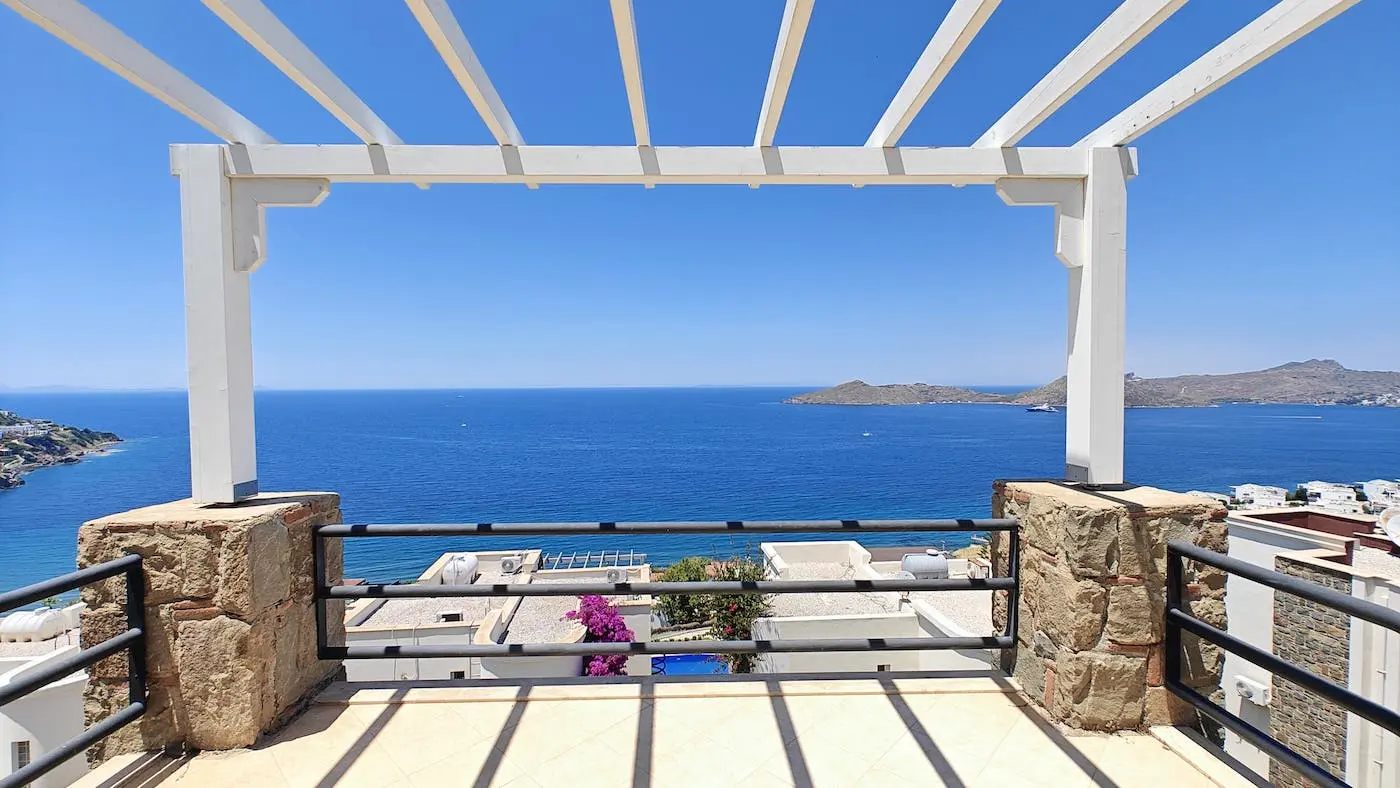Is Istanbul safe to visit as a tourist?
Last year was a year that rocked Turkey. While most of the turmoil was located in the east of the country near the Syrian border, Istanbul was also a target.
The knock-on result was severe: a significant drop in tourism, which saw a number of businesses and livelihoods that depend on overseas visitors suffer greatly.
This year, Turkey’s tourist agency is scrambling to attract holidaymakers to Turkey once again. Early signs are encouraging, but bad press about Turkey means large numbers of visitors are still eschewing the country’s largest city.

Are tourists travelling to Istanbul?
“It's super quiet here,” says Hayley Evans. The 28-year-old Londoner is three days into a week-long trip to Istanbul. A great holiday deal on an Istanbul apartment meant she didn’t think twice about a visit.
The city's frenetic pace has slowed, she says. “There aren’t as many tourists as you’d expect, although it’s also off-season and quite cold. The locals are very friendly and hospitable, and several people I’ve talked to have thanked me for visiting the city. I think a lot of small restaurants and hotels must be struggling with less custom.”
Several terrorist attacks in recent months, coupled with the July coup attempt have frightened away the crowds that two years ago congregated in Taksim Square and jostled in queues for the Blue Mosque.
“Some people told me to stay away, or that I was putting my life in danger, but I really don’t think I’m particularly at risk here, no more than I am in London,” Haley says.
Security is tight in the city, the government responding not only to the increased security threat but the State of Emergency that was imposed after the coup attempt.

Business as usual
Property Turkey director Cameron Deggin says he understands people’s hesitance in visiting the city. “You have to make travel decisions in accordance with what you are comfortable with. If you’d rather stay away, that’s up to you.”
However, the property consultant and investor says for him and his busy team, it’s business as usual. “We’ve been busy this year with a number of new projects that launched in the new year. Clients from the UK have tapered off, but we’re seeing a high number of investors from the Middle East looking invest in Istanbul property.”
Istanbul’s a huge city, Deggin adds, and the chances of being caught in any security situation are extremely slim.
“But sadly, nowhere can be considered 100% ‘safe’ these days. Not London, or Madrid - even Sydney,” he says. “I feel confident the police are doing everything they can to keep the city secure. In a country so reliant on tourism it’s in the government’s best interests to make Istanbul as safe as possible for visitors.”
Deggin advises would-be travellers to check their travel advisory and act accordingly.

Istanbul travel advisory for visitors
The UK Foreign Office has the following advisory on its site:
"Attacks are most likely to target the Turkish state, civilians and demonstrations. Nevertheless, it’s likely that some attacks will also target western interests and tourists from western countries, particularly in the major cities.”
"The Foreign and Commonwealth Office (FCO) advise against all travel to within 10 km of the border with Syria.
"The FCO advise against all but essential travel to:
the remaining areas of Sirnak, Mardin, Sanliurfa, Gaziantep, Kilis and Hatay provinces
Siirt, Tunceli, Diyarbakir and Hakkari provinces.

Watch out for Istanbul scams
Deggin says travellers are more at risk from the petty crime that plagues every large city.
“Realistically, you’re more likely to have your pocket picked, or have a taxi driver rip you off than get embroiled in any security problems.”
A few scams you hopefully won't encounter:
- Bag snatching and pickpocketing: pickpockets and bag snatchers operated in crowded, busy areas like markets, tourist attractions and metro stations. They rely on tourists’ lack of concentration.
- Muggings: muggings are much rarer than pickpocketing, but still a sad fact of life. If this happens to you, hand over your bag without arguing. Police surveillance and CCTV are helping address this problem.
- Con artists: the vast number of cons operating on the streets of Istanbul mean it’s impossible to outline them all. Suffice to say: keep your wits about you. It’s not normal for police to ask to inspect your money, or for a local to ask to see your home currency. If you’re surrounded by a group of children, or pressed up against by a crowd, extricate yourself immediately: your wallet is under threat.
Tips to stay safe in Istanbul
- Use a taxi when it’s dark or when venturing to an unfamiliar area.
- Avoid crowds and any political gatherings
- Withdraw money only in safe places: shopping malls, well-lit streets and areas with a high concentration of police.
- listen to your instincts. If someone tries to engage you in conversation and you don’t feel comfortable, walk away.
Always wear your bag strap over your chest, and keep zips and openings turned towards your body. Keep your bag in front of you. Where possible, leave valuables like passports and large sums of money in your hotel safe. Remember that thieves aren’t after your bag: they’re after the easiest bag they can snatch. Don’t make it simple for them.
Read more: common tourist scams to avoid in Turkey.









 Fethiye
Fethiye  64
64  64
64 


















 X
X